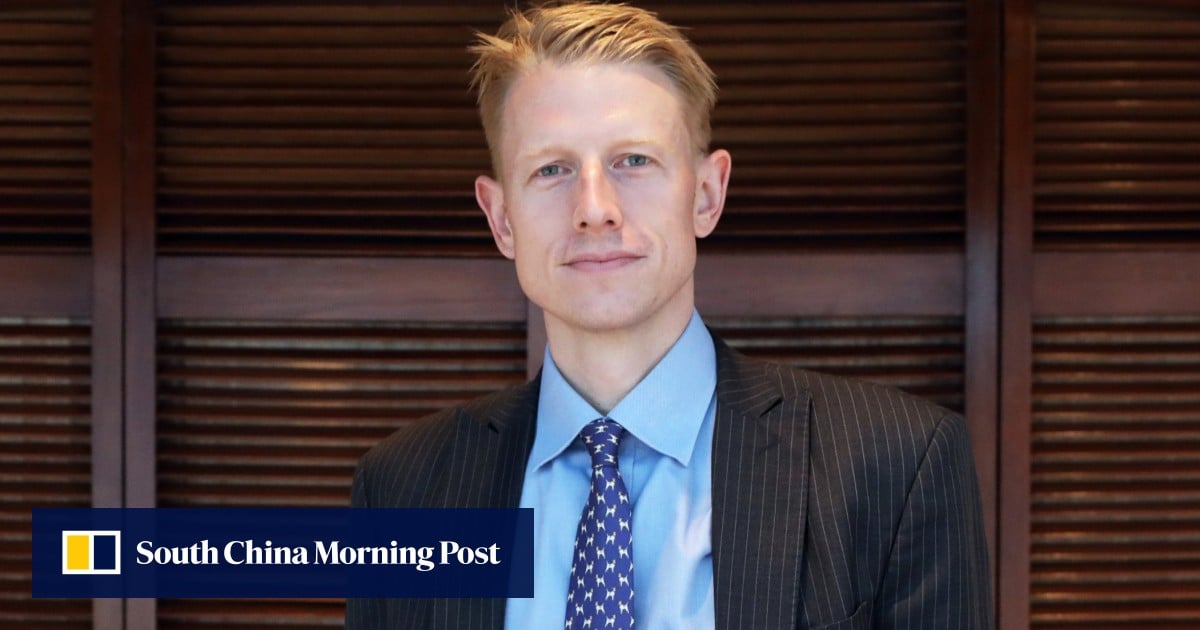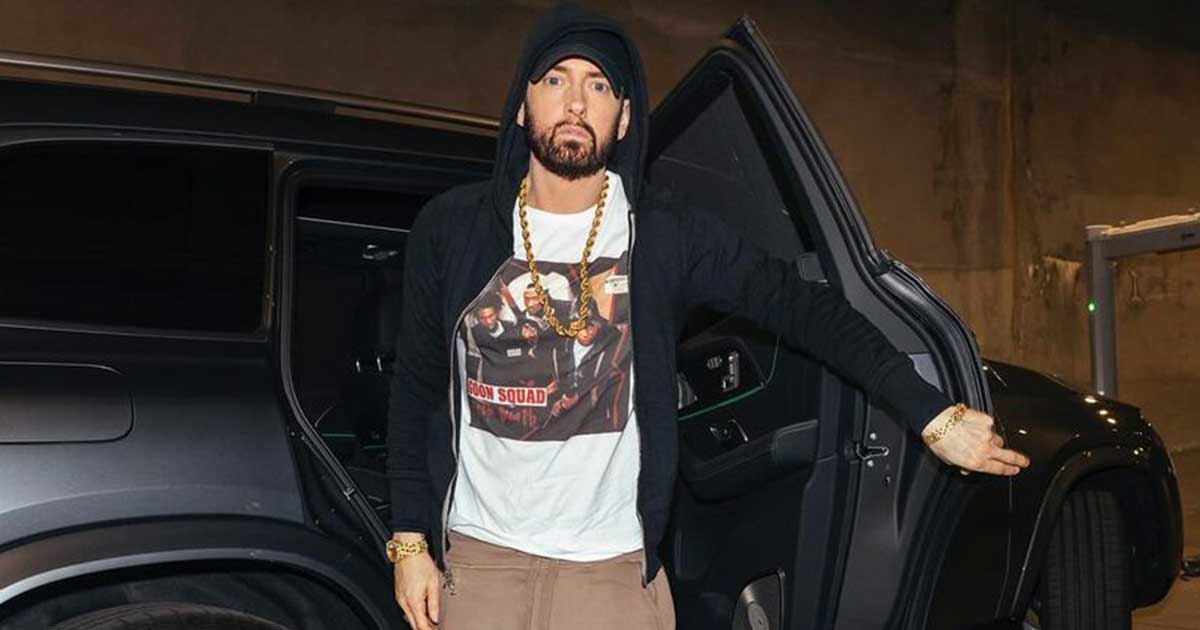It was nice to be with my friends all the time. Oxford was a lovely place to grow up in. I wasn’t in the top set, but I was in the one below that. I was quite clever, vaguely sporty and very competitive.
I come from a family where academic excellence is encouraged and then expected. If you came second in an exam, the classic joke in our family was that they’d ask, “Who came first?”
Summer with Boris
My grandmother on my mother’s side, Lois Sieff, was a big patron of the arts and she took us to the theatre.
We spent summers and Christmases at the family farm near Exmoor in Somerset – walking, getting the logs in and enjoying being in the countryside. Sometimes my half-siblings would join. There is a big age difference; Boris – we call him “Al” – is 21 years older than me.
Shin guards
When Julia turned 12, we moved to London so that she could go to St Paul’s Girls’ School. I went to The Hall School, a boys’ school in Hampstead.
I went from the playing fields of Oxford, where parents were happy for their kids to get muddy playing rugby, to a day school in London, where parents were a lot more protective. Suddenly I was wearing shin guards, I’d never heard of them in Oxford.
When I was 11, I was in the amateur drama society and scouted for a BBC production of Mark Twain’s The Prince and the Pauper. I played Humphrey Marlow.
Clever clogs
Boris, Leo and Jo all went to Eton and I always knew that, barring some kind of massive failure, I’d also go. I got pushed towards doing the scholarship exam for Eton.
My maths and French weren’t good enough and I didn’t get a scholarship, but I was put in the top academic set, F1:1, which is the 20 smartest boys in the year, so the theory went.
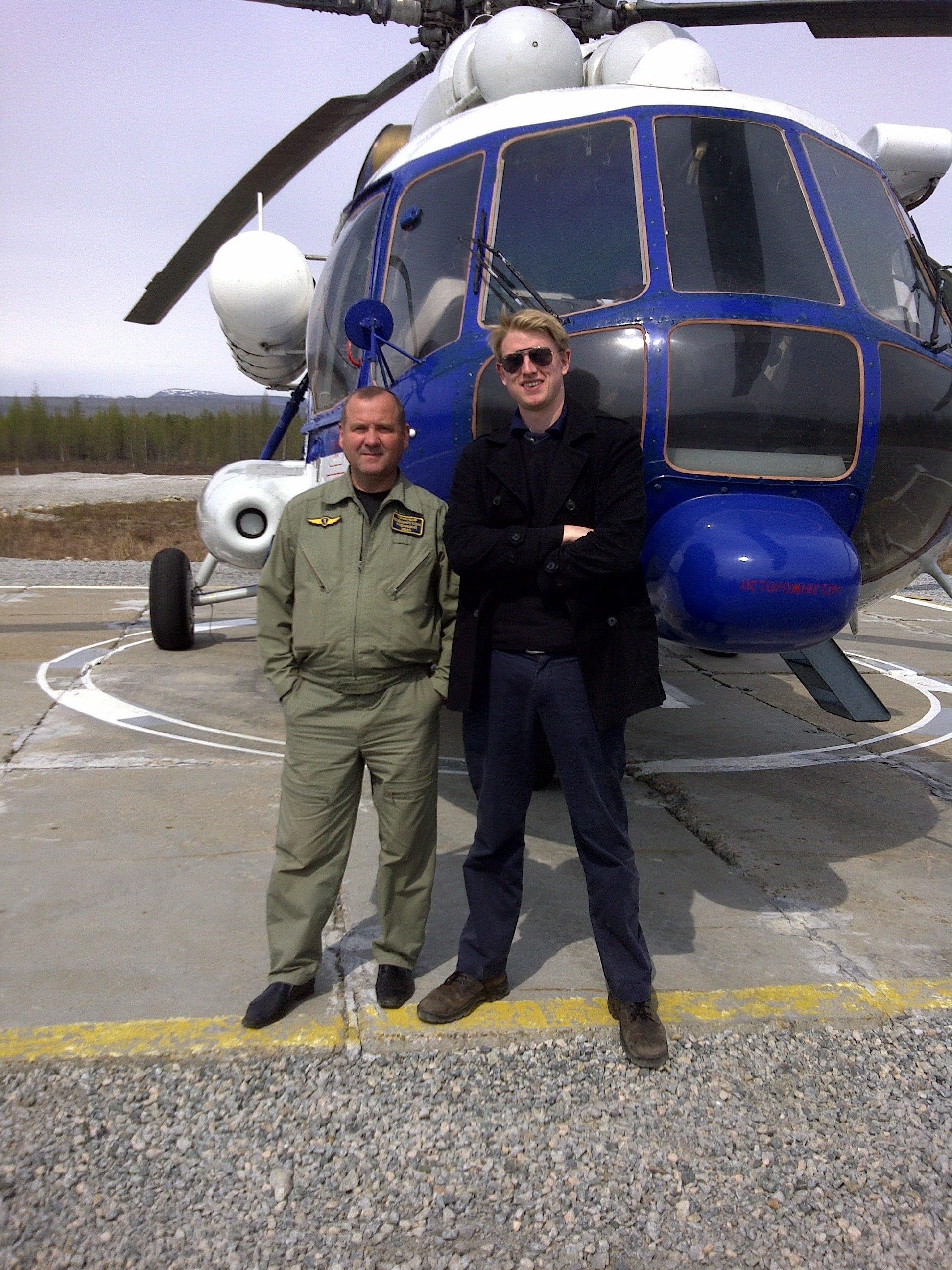
I was at Eton at the same time as Prince Harry, but he was in a different house, and I only met him twice in the five years I was there. I was good at languages and studied Greek, Latin and Russian. My father had studied classics and all my siblings studied classics.
I used to make fake IDs using Adobe Photoshop. When I was 15, I went to Russia on a language exchange and brought back a couple of cartons of cigarettes. They cost about 50p a pack and I sold them at school for £3.
I spent the money in the pub. I probably spent too much time in the pub.
Collage daze
My father assumed I would go to Oxford University. I had to pick a college. They had a system that if one boy was applying for a particular college in your subject group, you couldn’t also apply to that college.
I told the head of modern languages at Eton that I wanted to apply for Christ Church. He said, “No, you can’t because you’re not a natural linguist.” His pet was the head boy and he wanted to apply to Christ Church to read French, which meant I couldn’t apply there.
I chose Exeter College, Oxford, because my dad had studied there. They said they didn’t teach Russian, so I didn’t think it would work out. The interview at Exeter went OK, and I got a note in my pigeon-hole asking me to go to Christ Church for an interview.
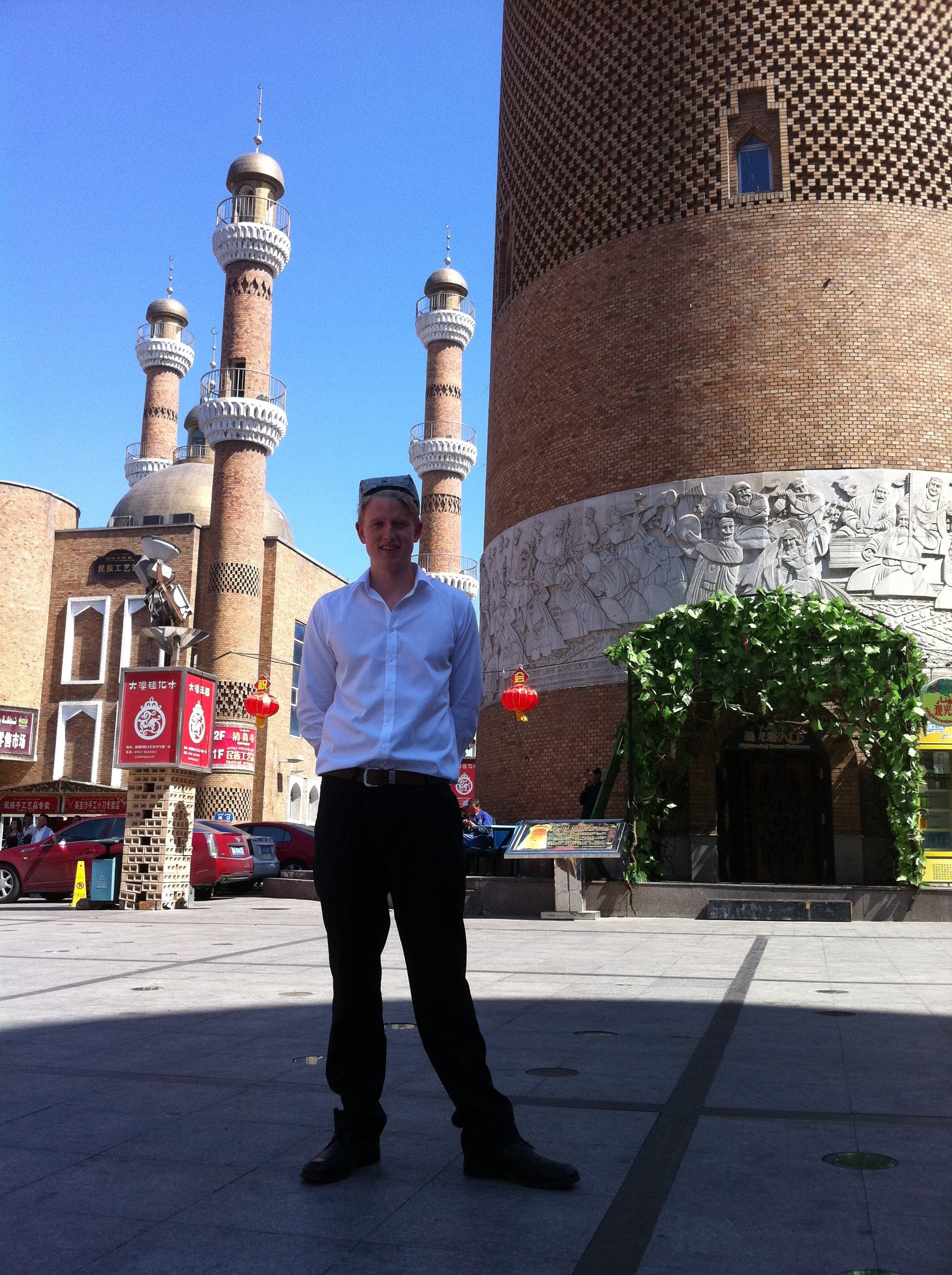
Two months later, I got a letter from Exeter saying, “So sorry, we aren’t going to offer you a place, but we think someone might be.” Then I got a letter from Christ Church giving me an offer of two As and a B. The head boy didn’t get in.
Being told I wasn’t “a natural linguist” put a fire under me and I got straight As.
Want to buy a 747?
When I got to Oxford University in 2003, I was quite tired after being in an institution for five years and now in another, similar institution with dated buildings and archaic traditions.
The drinking and partying scene in the first year was intense and I preferred to go home to London at the weekend and hang out with my parents at Primrose Hill.
In the summer of 2005, I happened to share a cab with a woman who was a dealer for second-hand aeroplanes. A few months later, when I went to language school in Moscow in my third year, I spent my spare time trying to act as a broker to sell second-hand Boeing 747s.
Together with a guy I met, we went to Aeroflot and other aeroplane companies trying to sell them. We didn’t succeed, but we had some fun and I’m still in touch with the guy.
China banking
From Moscow I went to Poland and then to Irkutsk, Siberia, to take up an internship at Baikal Wave, an environmental NGO. There I met Yuliya – we were together that summer and I went back to see her in the Christmas holidays.
On the way back to London from Siberia, I stopped in Beijing and visited Tsinghua University. They offered me a place on the two-year MBA, which was just starting.
After a year in Beijing, in 2008, I came to Hong Kong. My dad introduced me to Chris Botsford and Robert Appleby, who run a fund called ADM Capital and I did a four-week internship with them and a four-week internship at Standard Chartered Bank.
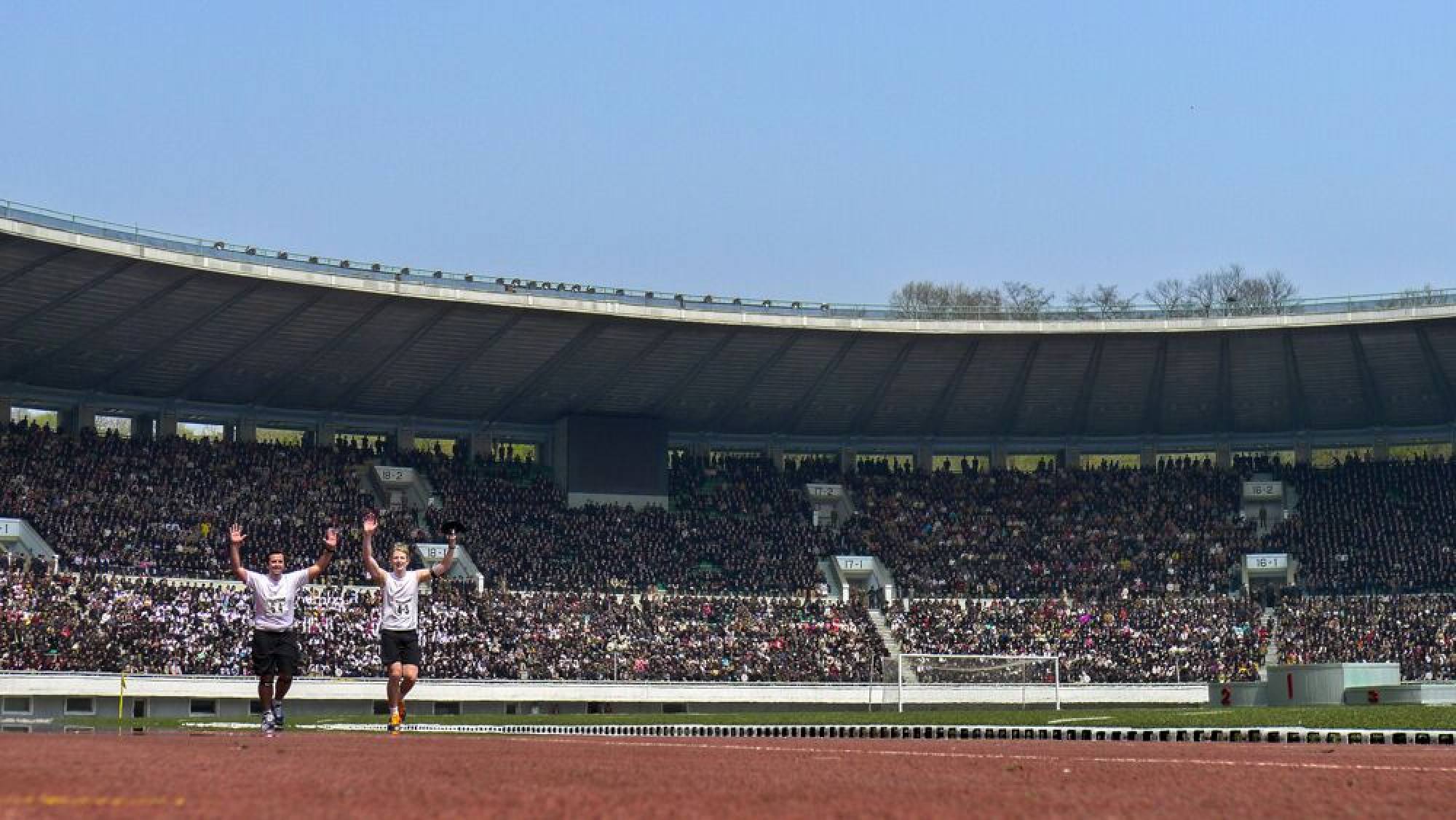
I went back to Beijing for the Olympics and, in 2009, started as an investment analyst at First Eastern Investment in Hong Kong. A year later, my father’s cousin had a company called Wogen Resources and offered me a job in Beijing as a business development manager.
I worked there for three years and then, in 2013, moved back to Hong Kong to be an investment banker at Goldman Sachs. It was a demanding place to be. It was mainly PowerPoint and Excel.
At the end of 2016, Goldman wiped out a lot of their gweilo headcount, including me. A former Goldman partner set up a boutique advisory firm called TTB Partners and I joined him for a year. It was quite demanding, and I missed the infrastructure of big banking and having people you could call for support.
Impermanent resident
In 2016, I was introduced to Gabriela Maia through friends in Hong Kong. She is Brazilian and was studying for a master’s in marketing and is now a counsellor.
In February 2018, we went on holiday to Indonesia and I proposed to her. We got married a few days later on the beach. I don’t like waiting around when I’ve made a decision.
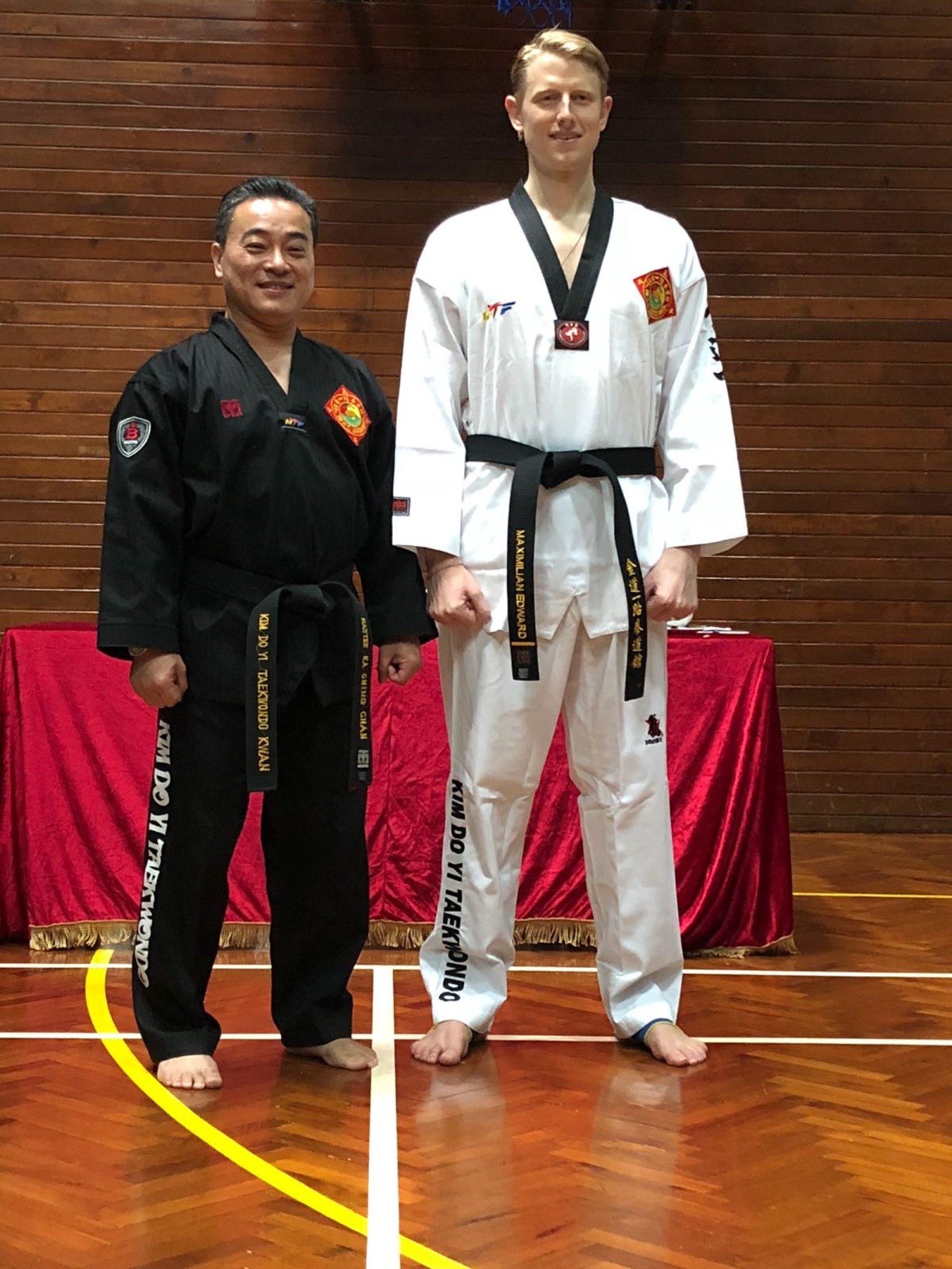
I quit my job a week later. A couple of weeks after that, a headhunter introduced me to Simon Murray, a former French Foreign Legionnaire who used to work for Li Ka-shing. He was looking for a managing director for General Enterprise Management Services, a private equity fund management company. He called me Mat for the first few months.
By the end of that year, I got my PR (permanent residency) and we moved to London.
Oh, brother
Our daughter Ayla was born in the summer of 2020. Having a baby during Covid was so restrictive. Luckily, we were able to spend the first lockdown on the farm in Exmoor.
There was sheer irritation that all these social policies that were being put in place that limited your social freedoms were being put in place by my brother, who was the prime minister. It was so frustrating. I said, “I can’t deal with this any more.”
As soon as we got a passport for Ayla we went to Bali, in October 2020. We spent a year there at a villa with a pool and I worked for Simon remotely.
Connecting people
In early 2023 we moved back to London. I come to Hong Kong regularly for work. I still work with Simon and we have a consulting company together called Max Murray Limited.
Part of the work I do now is capital raising, helping investors find capital. It’s an introduction-based business, connecting people to people.
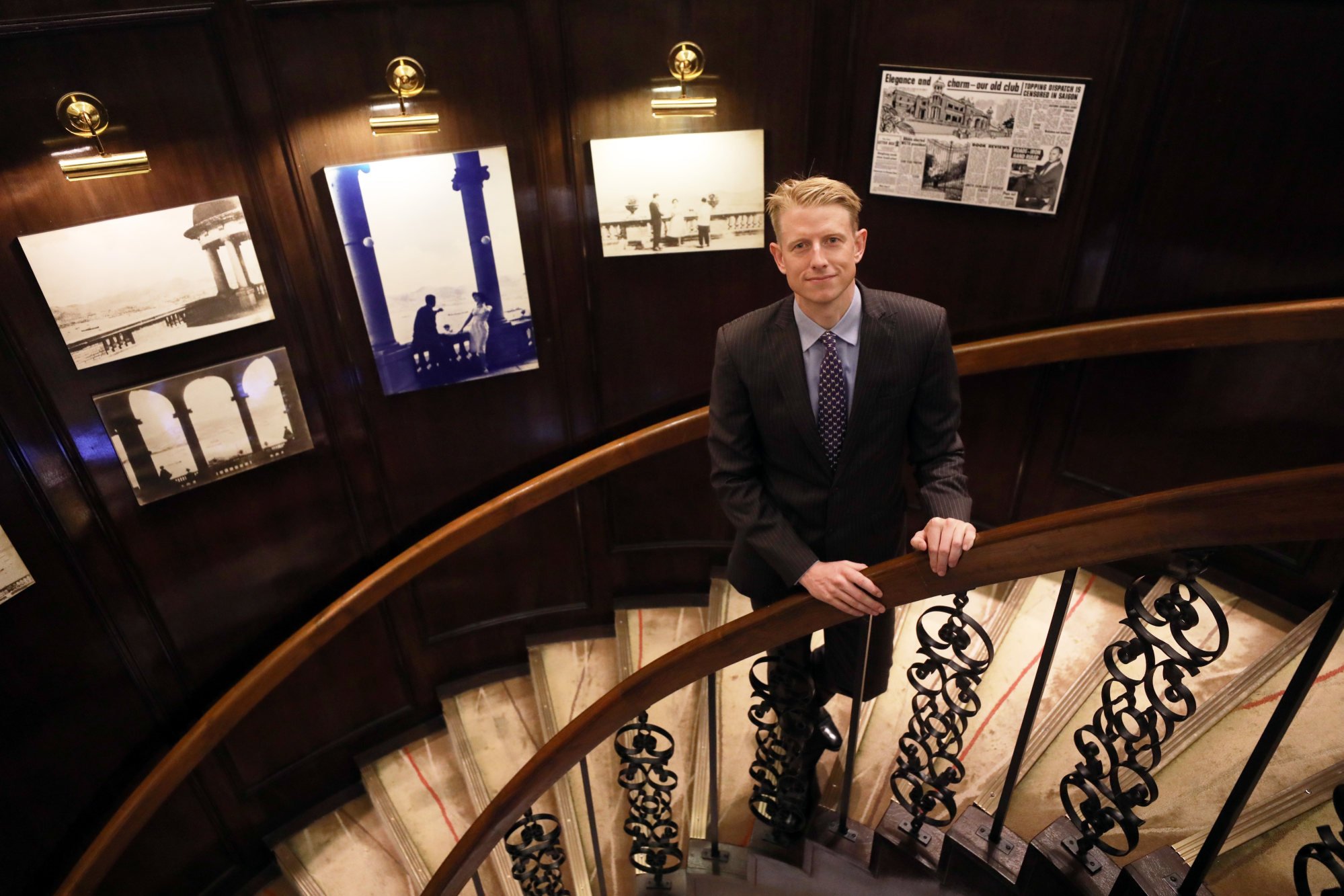
There is a disconnect between what people want and what they can find. As geopolitics pushes the world away from China, there is still a role for people like me who have connections to this region.
Just go
Last year my father, Stanley Johnson, and I filmed a documentary called In the Footsteps of Marco Polo. We spent seven weeks in China and went from the Khunjerab Pass, on the border with Pakistan, to Kashgar, across the Taklamakan Desert, through Gansu province to the Mogao Caves and then to Lanzhou, the city of waterwheels, Inner Mongolia and finished up in Beijing.
It was produced by CDIMC, which is the China documentary arm of CCTV, and a UK-based production company and is coming out on July 3. It showcases modern China.
My dad is 83. Spending that much time with my father at this stage of life is a privilege. There were times when it was frustrating and the security services of China were a little bit overprotective of where we went and what we did, but it was also fun, and we had a great time.
A lot of China has been demonised by Western media, but China is accessible, you can go and travel and see these places. You don’t need a permit to go to Xinjiang, you can just go.

